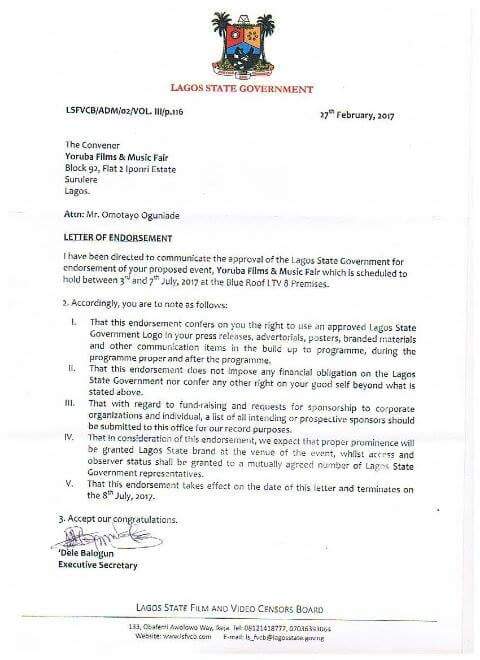VALENTINE’S DAY: WHAT TO DO WHEN YOU GET FOOD POISONING


Today, there will be many events and exchange of gifts in celebration of Valentine Day. As a result, many people will eat things they did not prepare or buy themselves; consequently, food poisoning can happen, especially if one of the things consumed is contaminated or isn’t cooked properly.
Eating food contents that are contaminated with viruses, bacteria, or toxins can lead to food poisoning. Some cases resolve without medication, but some can lead to complications without proper treatment or intervention.
Food illness is a condition involving the inflammation of the lining of the gut, particularly in the stomach and intestines. It usually results from viruses, bacteria, parasites or toxins that infect a person and cause symptoms. Other causes may come from poor handling, improper cooking or poor storage of food items.
Whether you experience illness after eating contaminated foods, the body’s reaction usually depends on the organism, the amount of exposure, age range, and overall health.
Although the symptoms are quite uncomfortable, food poisoning is not unusual. For this reason, first aid treatment is necessary to prevent complications, even death.
The onset of symptoms after consuming food infected with bacteria can be within a few hours. However, there are instances where the incubation takes much longer, depending on the virus or toxins involved.
Common symptoms are feeling sick or nausea, vomiting, diarrhea, as well as stomach cramps and abdominal pain, lack of energy or feeling weak, loss of appetite, aching muscles, high fever, headache, joint aches, blood in the stool and chills. Often, the symptoms will pass in a few days.
Some may become dehydrated, with their mouth and throat feeling dry. It can also cause blurry or double vision, tingling sensation, or weakness on rare occasions. In many cases, the doctor will diagnose food poisoning simply based on the symptoms.
At some point in our lives, we will experience food poisoning or illness. Knowing what to do and when to call emergency services can prevent complications and can potentially save lives.
Once you suspect food poisoning, there are some steps to take; lie down and rest to regain back lost energy. If there is vomiting, take small sip of water to help prevent dehydration especially if there is accompanying diarrhea. In vomiting, avoid solid food, alcohol, caffeine, or fizzy drinks.
There are medicines available to reduce the main symptoms of poisoning, which are diarrhea and vomiting. Most are available over the counter, while some may be available via a prescription but speak with a doctor before taking medication, as some infections may get worse by taking self medication.
Take note of urination. You should be urinating at regular intervals, and your urine should be light and clear. Infrequent passage of dark urine is a sign of dehydration. Dizziness and lightheadedness are also symptoms of dehydration.
Avoid anti-diarrheal medications. They may slow your body’s removal of organisms or toxins from your system. If in doubt, check with your doctor about your particular situation.
Foodborne illness often improves on its own within a few days but if the symptoms worsen and the vomiting and diarrhea persist, seek medical help especially when diarrhea turns bloody, black or tarry, fever is 101 F (38.3 C) or higher, lightheadedness or fainting occurs with standing, confusion develops or there is worrisome abdominal pain.
@ Nigerian Tribune





